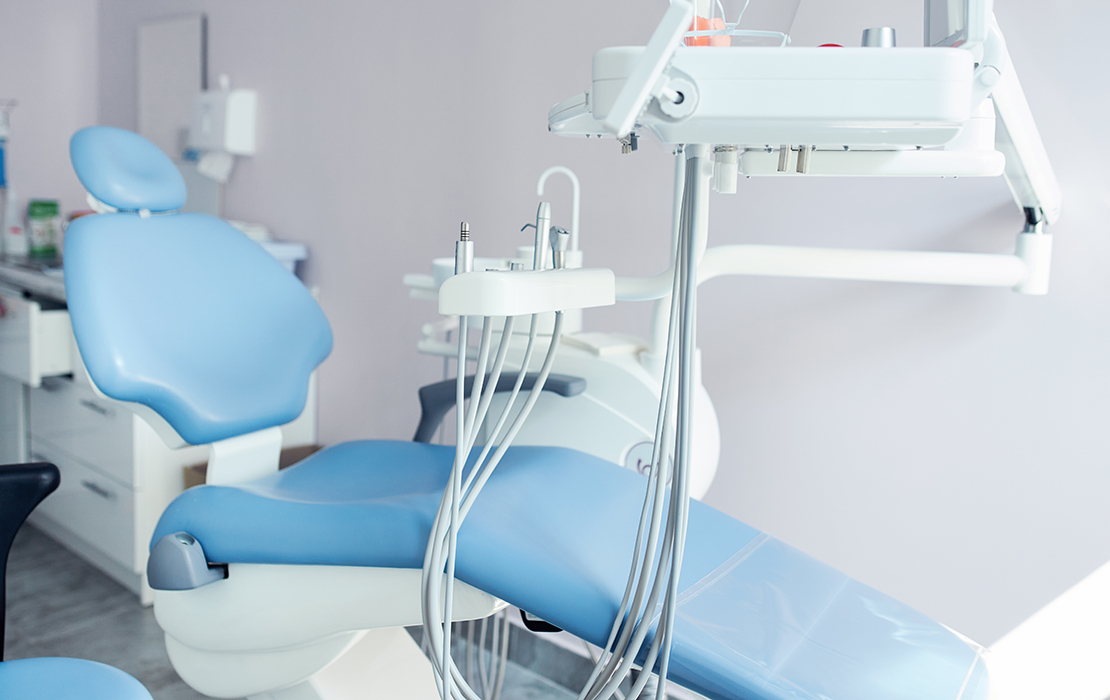Study highlights importance of waterline infection control
Survey finds 85% of dental professionals recognize the importance of waterline infection control

Ongoing education around dental unit waterline infection control is an important opportunity for dental team members, according to a new study conducted by the ADA Science & Research Institute, now known as the ADA Forsyth Institute.
In the study, researchers assessed dental facilities’ current infection control procedures by surveying those who directly manage or supervise maintenance of dental unit waterlines. Researchers discovered gaps in knowledge regarding the correct protocol.
About 700 dentists, dental hygienists and dental assistants responded to an online survey authored by the researchers. According to the survey results, 85% of respondents recognized the importance of preventing infection via waterline systems, which are most often maintained by dental hygienists and dental assistants.
HuFriedyGroup, a manufacturer of instrumentation, infection prevention and instrument reprocessing workflows including dental unit waterlines, funded the study, which is published in the June issue of the Journal of the American Dental Association.
The study, “Dental Unit Waterline Infection Control Practice and Knowledge Gaps,” was conducted by Rashad Vinh, Sarah E. Stream, Laura A. Eldridge, Kristy A. Azzolin, David Carsten, D.D.S., Cameron G. Estrich, Ph.D, and Ruth D. Lipman, Ph.D.
“The nature of dental unit waterline systems makes them susceptible to bacterial growth, which is why having a team that appreciates the importance of testing and maintaining these lines is of utmost importance,” said Dr. Carsten, chair of the Washington State Dental Commission, chair of Infection Control in the Dental Commission for the Washington State Department of Public Health, assistant professor at the Oregon Health and Science University’s School of Dentistry and an author on the study.
The report also illustrated opportunities for continued education about the Centers for Disease Control and Prevention’s dental unit waterline guidelines.
About one-third of dental professionals surveyed were uncertain if their dental facility complied with the CDC guidelines to ensure the safety and efficacy of dental treatments. One-quarter of respondents were not confident in their own ability to maintain and test these waterlines.
Nearly half of respondents said their practice did not have a designated infection control coordinator, which is recommended by the CDC.
Factors including time constraints, staffing shortages and financial barriers were cited as challenges for dental facilities in following recommended infection control practices.
A key principle in medicine is to correctly diagnose the problem if you hope to cure it, said Dr. Carsten.
“Identifying current practices and potential barriers to implementation is an important step in improving compliance,” he said. “Data like this is essential in designing continuing education programs and updating existing dental waterline infection control recommendations. Practitioners need a clear message of best practices, what to do and why.”
To read the study, visit JADA.ada.org. Educational and training resources, including a quick reference guide to current dental unit waterline infection control guidance, is available at ADA.org/waterlines.



